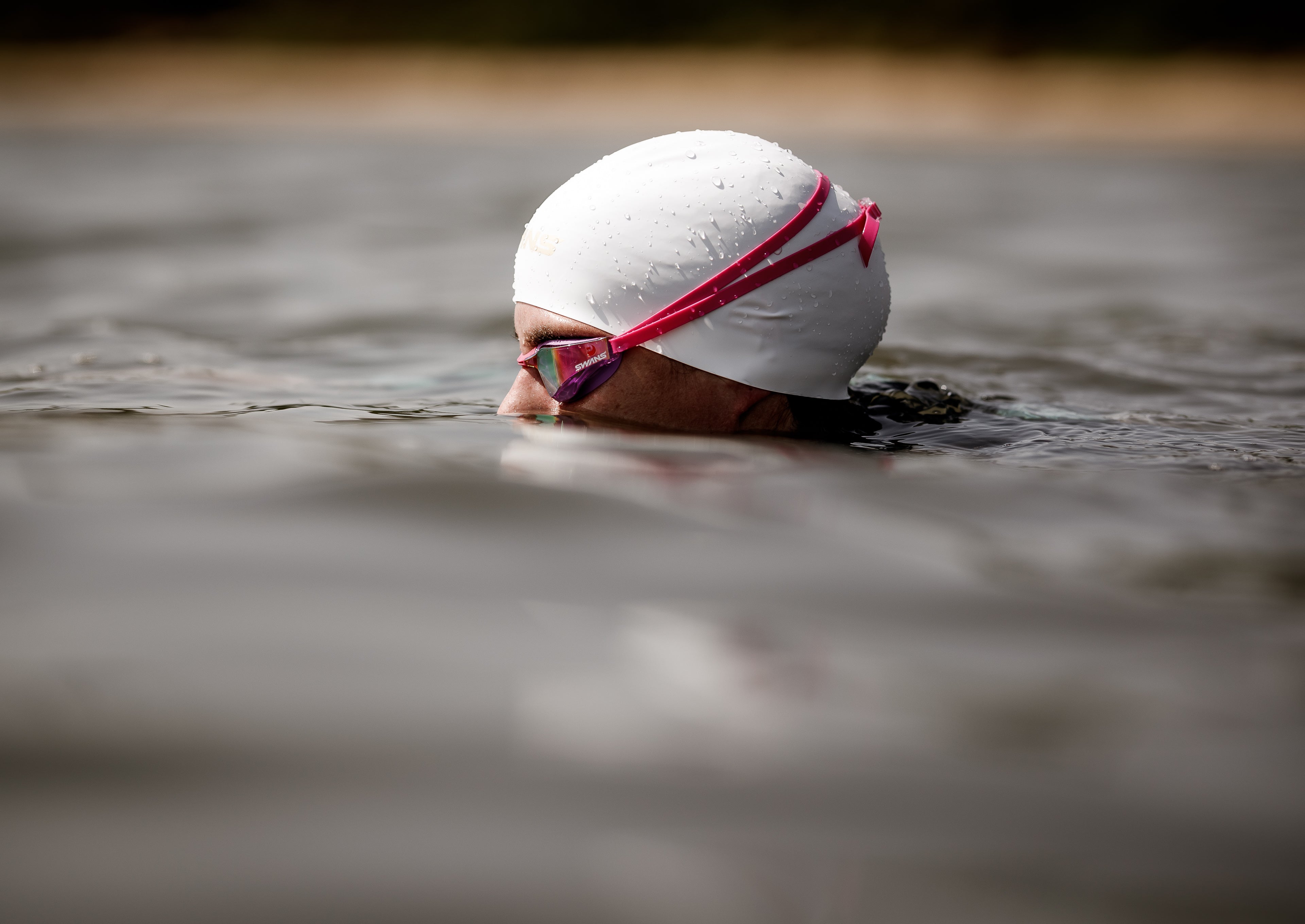For swimmers, achieving peak performance goes beyond the laps and distances. It involves honing specific skills and techniques through targeted drills. In this blog post, we will explore the significance of incorporating drills into swim practices and how they contribute to the overall improvement of swimmers.
- Refinement of Technique:
Drills play a pivotal role in refining a swimmer's technique. They isolate and emphasize specific aspects of the swimmer's stroke, allowing for focused attention on improving form and efficiency. Whether it's the flutter kick, arm pull, or body position, drills provide the opportunity to break down the swimmer's movements and address any flaws.
- Muscle Memory Development:
Repetition is the key to building muscle memory, and drills offer swimmers the chance to repeat and reinforce correct movements. Through consistent practice of drills, swimmers develop a neuromuscular connection, enabling their bodies to automatically recall and execute proper technique during races. This automaticity is crucial for maintaining efficiency and reducing the risk of fatigue-induced form deterioration.
- Increased Proprioception:
Drills enhance a swimmer's proprioception – the body's awareness of its position in space. As swimmers engage in specific drills, they become more attuned to the subtle nuances of their movements. This heightened sense of body awareness translates to improved control and precision, allowing swimmers to make real-time adjustments to their strokes.
- Targeted Strength and Endurance Building:
Certain drills are designed to target specific muscle groups, helping swimmers build strength in areas crucial to their performance. Additionally, incorporating drills into swim practices contributes to overall endurance development. As swimmers become more adept at maintaining proper technique, they can swim longer distances with reduced energy expenditure.
- Mental Focus and Discipline:
Swim drills require a high level of concentration and discipline. Performing repetitive, precision-focused movements demands mental engagement, fostering a disciplined mindset crucial for success in competitive swimming. The ability to stay focused during drills translates into improved concentration during races, contributing to better race strategies and execution.
- Injury Prevention:
By emphasizing proper technique and strengthening key muscle groups, drills play a role in injury prevention. Swimmers who consistently practice drills are less likely to develop overuse injuries resulting from poor form. The focus on muscle balance and joint stability inherent in many drills helps maintain the overall health and longevity of a swimmer's career.
In the world of competitive swimming, success is often measured in milliseconds, making the importance of drills undeniable. Incorporating drills into swim practices is not just about going through the motions – it's a strategic investment in a swimmer's overall skill set, from technique and muscle memory to mental focus and injury prevention. As swimmers dive into the world of drills, they embark on a journey toward mastery, propelling themselves toward peak performance in the water.


